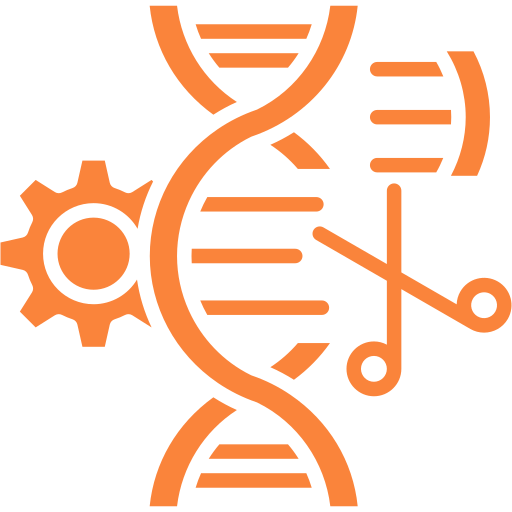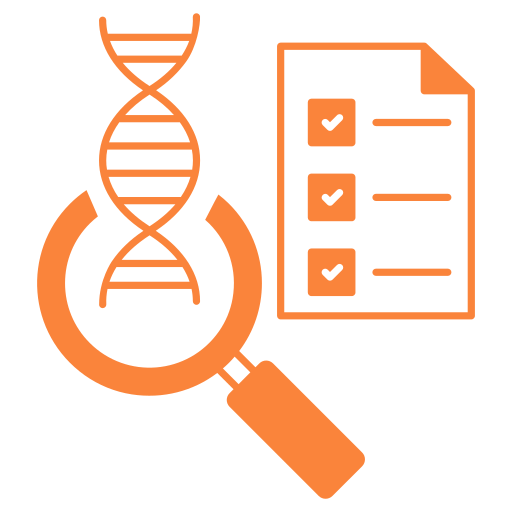Clinical Diagnostics
Clinical Diagnostics
Empowering Precision Diagnostics with Scalable Multiomics Infrastructure
At GeneInsight, we enable clinical and diagnostic laboratories to develop, validate, and scale advanced genomic assays using our robust multiomics platform. With decades of technical expertise and cutting-edge sequencing technologies, we support high-quality diagnostics and companion diagnostics tailored for precision medicine and population-scale screening.


Assay Development & Validation
Utilize our state-of-the-art sequencing and analytics platforms to build high-sensitivity, reproducible assays that meet global clinical standards. From test design to regulatory-ready validation, we offer end-to-end support for your diagnostic development.

Global Distribution Network
With a strong international footprint, we help bring your diagnostics to market through our trusted network of partners across 35+ countries—ensuring scalability and access in both emerging and established healthcare systems.

Real-World Evidence Access
Through a broad network of global research collaborators, we provide access to real-world data spanning North America, Europe, Asia, Africa, the Middle East, and Latin America. This diversity helps uncover population-specific biomarkers and ensures diagnostic solutions are inclusive and effective worldwide.

Lab-in-the-Cloud Services
Our modular LINC platform provides plug-and-play dry-lab capabilities—including bioinformatics, LIMS, reporting, and compliance tools—so you can expand without the burden of physical infrastructure.
GeneInsight Wellness Offerings
Wellness Genomics: How our genes Influence Health and Well-Being!
Wellness is influenced by a combination of genetics, lifestyle, and environment.
Certain genes play a key role in metabolism, stress response, sleep, nutrition, and disease susceptibility.
Understanding these genetic factors can help personalize health strategies for better well-being. A few important genes are listed below :


FTO (Fat Mass and Obesity-Associated Gene)
COMT (Catechol-O-Methyltransferase Gene)

MTHFR (Methylenetetrahydrofolate Reductase Gene)
CLOCK (Circadian Locomotor Output Cycles Kaput Gene)

APOE (Apolipoprotein E Gene)

BDNF (Brain-Derived Neurotrophic Factor Gene)
How to Use Genetic Insights for Wellness
While genes influence wellness, lifestyle choices (diet, exercise, stress management) play a major role. We help in making you understand your genetic predispositions that can help you make smarter, personalized health decisions.
Personalized Nutrition
Adjust diet based on metabolic genes (e.g., low-fat vs. low-carb).
Optimized Fitness
Tailor exercise routines for muscle response (e.g., ACTN3 gene for power vs. endurance).
Stress & Sleep Management
Adapt mindfulness or sleep hygiene based on COMT or CLOCK variants.
Preventive Health
Screen for genetic risks (e.g., APOE for heart/brain health).

